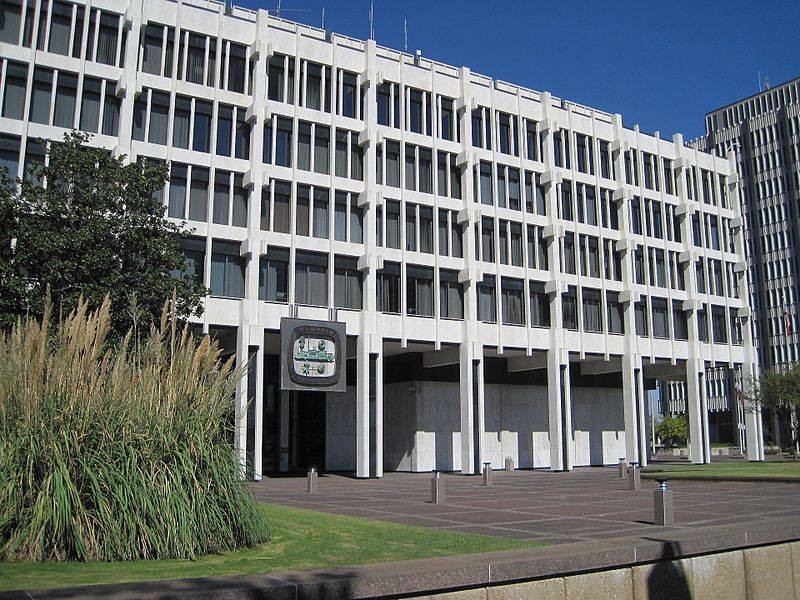Panhandling arrests in Memphis took a dip during the pandemic (like everything else), but while local leaders want solutions to lower panhandling rates in general, law enforcement officials said arrests have “limited effect.”
A recent Memphis City Council hearing brought Memphis panhandling to the fore. Memphis Police Department (MPD) data shows an average of 670 arrests or tickets given in 2018 and 2019 for aggressive panhandling and/or obstructing a highway or road. Those arrests sunk last year to 377.
No state or local law prohibits panhandling. Laws exist, though, for aggressive panhandling, when the person begins shouting, following, or generally menacing someone else.
Though there is no direct correlation to panhandling, the Memphis homeless population fell during the Covid-19 pandemic, according to the latest counts from the nonprofit Community Alliance for the Homeless. But it may be the closest data link (especially locally) to the fall in panhandling here. Other cities, like Fort Worth, have lower panhandling arrests, too. Officials there speculated “many residents have been staying home.” Also, police there limited arrests to minimize Covid-19 exposure in the Forth Worth jail.
Lower panhandling arrests don’t mean fewer panhandlers, though. Council member Ford Canale said, “I’m seeing panhandlers everywhere” in Cordova, East Memphis, and Hickory Hill. He said panhandlers are violating city laws on where they can stand (distance to traffic lights) and impeding traffic by walking in streets.
“There’s going to be a headline: somebody got killed,” Canale said during a council hearing earlier this month. “Somebody wasn’t paying attention — driving while texting — and they ran over somebody.”
He said panhandling arrest rates are on track to be lower in 2021, also. He urged MPD Chief Cerelyn Davis and Deputy Chief Don Crowe if MPD “could do a little bit better” on arrests. He also urged them to, maybe, find solutions from other cities to curb the practice altogether.
”I don’t think there’s a clear consensus on how to stop panhandling,” Crowe said. “Enforcement action has limited effect. I think one of the best summaries I read was if people would stop giving money, they would stop panhandling. It’s almost a cause and effect relationship there.”
From 2017 to 2019, most panhandling arrests were made by MPD officers in the North Main Station, which covers Downtown Memphis.
“Panhandling is an issue that many cities are facing right now,” said Chief Davis. “I think Covid sort of created a climate that’s rich for panhandlers, too.
“The issue for law enforcement is always finding balance, to get people help that really need help and, at the same time, protect our public and our citizens from individuals who are being aggressive, and sometimes intimidating, and getting in their space.”

